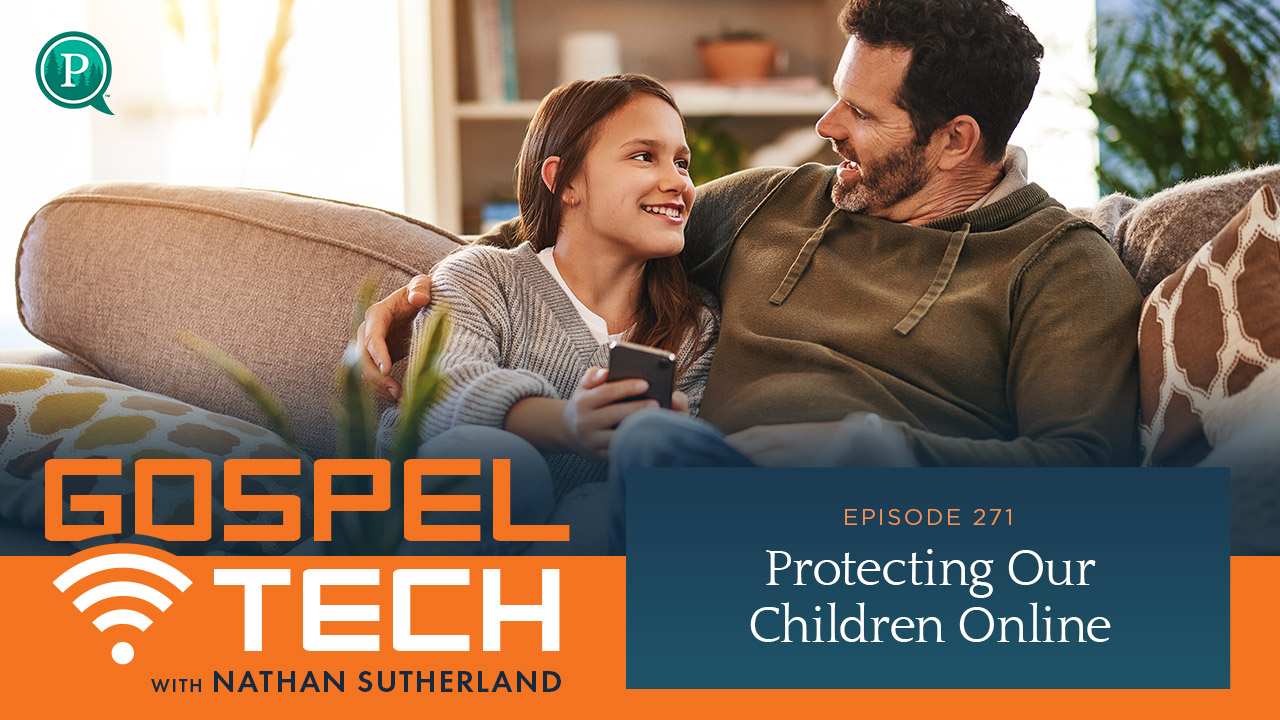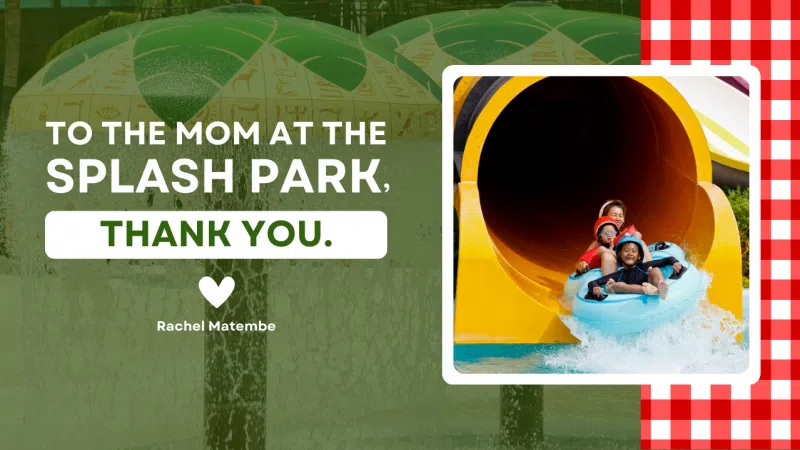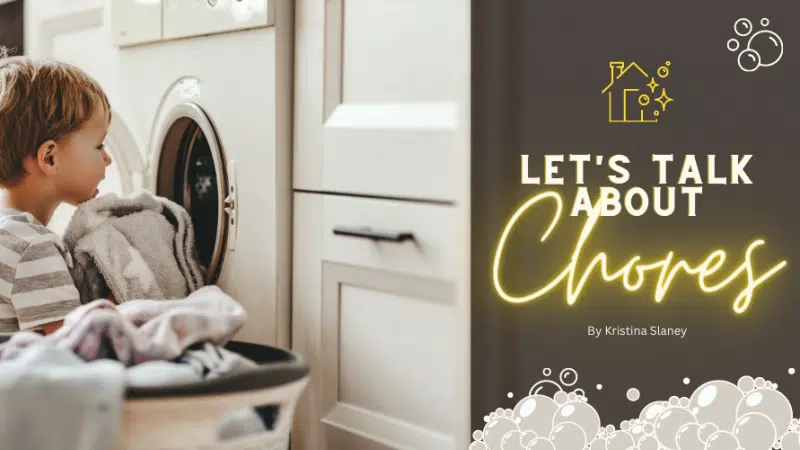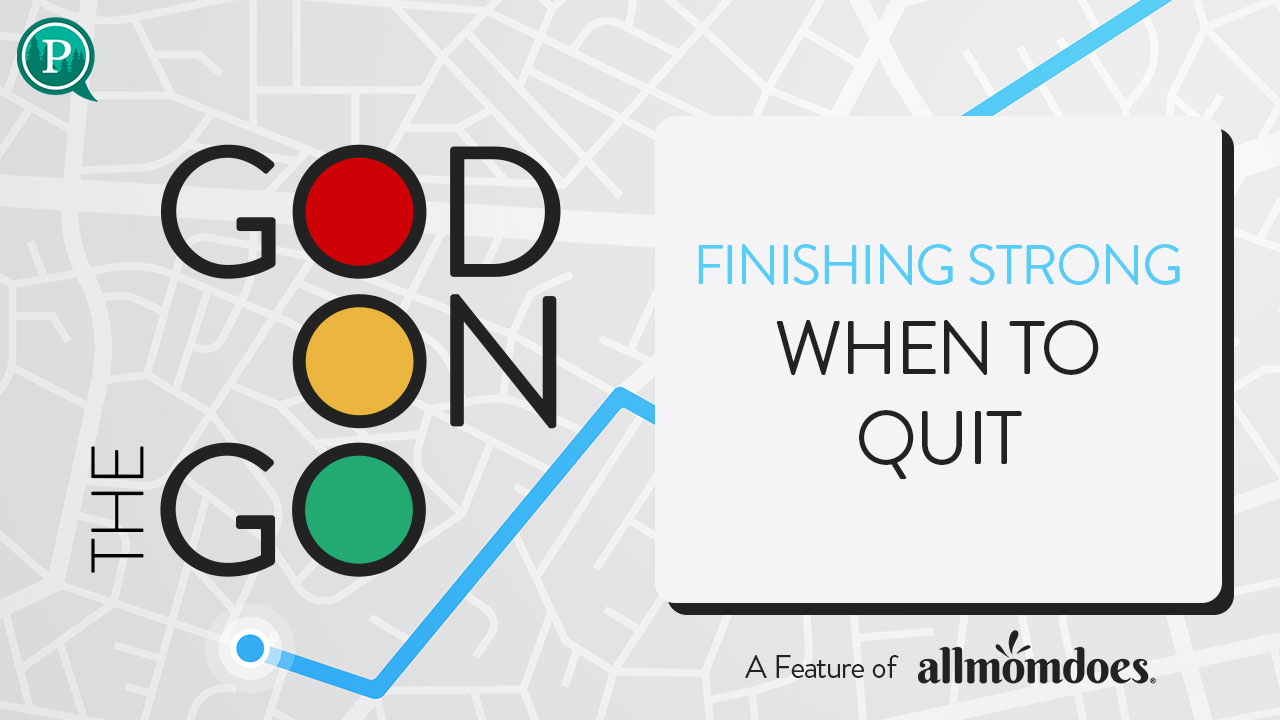It’s that time of year when we prepare to put the previous year in the rearview mirror and hang our hopes on the year to come. Pandemic or not, it’s what we do: Next year I will advance my career. Lose weight. Complete a marathon. Learn to cook. Take that vacation. Become a homeowner. Keep my house clean. Read through the bible. Make a budget. Start a college savings account. Follow through with my kids’ chore chart. {Insert your personal rotating resolution here.}
In 2020, the challenges were bigger – no doubt about that. The deluge of memes, tweets, and posts celebrating the end of this historic year are proof that we’re emotionally ready to start fresh, even if realistically we know that January 1, 2021 isn’t going to look a whole lot different than December 31, 2020.
But was 2020 really that bad? For my family – honestly, no. It wasn’t. Sure, we missed out on a lot but as I reflect on the year I’m overwhelmed to the point of tears with the blessings we received despite – or maybe just recognized because of – this global pandemic. But am I ending this year, then, with a positive, grateful attitude toward 2020?
Still, no. Because to do so would be disingenuous to all the people for whom this year was truly devastating. Those who lost loved ones, lost incomes, lost stability. Those living with crippling anxiety. Those living in isolation with people who aren’t safe. The children for whom online learning has been ineffective or inaccessible, and the parents who are struggling just as hard to help them get through. The low-wage families who have had to choose between going to work or leaving their child in inadequate care. The essential workers who are exhausted, overwhelmed, and worried about exposing their families to the virus. Those for whom a 14-day mandatory quarantine means half a month without wages. The elderly in care facilities who biggest threat is now loneliness. The families who didn’t grow closer and instead watched their relationships degrade.
Was 2020 hard and awful and devastating? Yes. Was it filled with unexpected blessings and silver linings? For some families, also yes. But it’s often the privileged who are experiencing the silver linings. The ones with careers that can easily pivot to a work-from-home position. Those living in school districts with adequate technology. Two-parent households who can juggle a full house of working and remote schooling without worrying about finding affordable daycare. Enough resources to buy enough emergency food just in case they need to unexpectedly lock down for two weeks due to illness. Kids who don’t receive essential special-needs services and therapies at school. Families with healthy relationships and social support. Households with the financial resources (and in-home space) to buy the supplies and set up a comfortable remote learning environment.
It’s important to look on the bright side. Gratitude is a healthy outlook. But to only focus on the good things ignores the fact that the events of 2020 have highlighted inequities and affected many families much more profoundly than others – even without a positive COVID test.
So as I look back on 2020, I’m not sure how to feel. Desperately longing for its end belies all the blessings that we’ve experienced. Being grateful feels like an insensitive privileged response to a year of global devastation.
Was it bad? Yes. Was it good? For us, yes. But not for everyone.
So can it be both?
Maybe.
But honestly?
I’m not sure.












